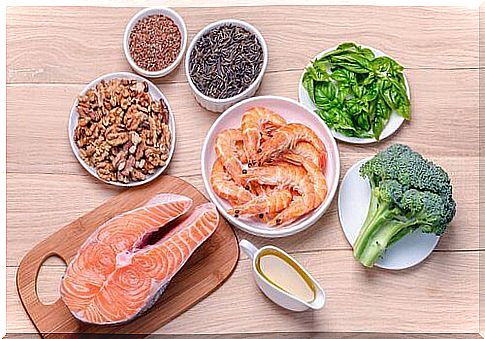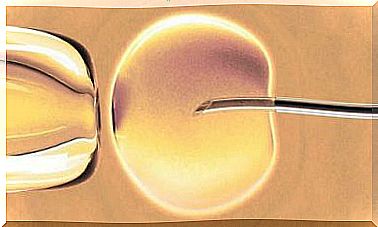Hypothyroidism: How To Lose Weight?

Hypothyroidism is a disturbance in the functioning of the thyroid gland, which is responsible for regulating metabolism and secreting hormones that are important for the proper functioning of the internal organs.
This disorder occurs when the gland produces too little hormone, slowing down your metabolism and making it difficult to maintain a healthy weight.
In most cases, hypothyroidism occurs in women, especially in women over the age of 50, although it can also affect younger women and men.
Hypothyroidism is most often caused by inflammation that damages the cells of the thyroid gland. It can also be caused by the activity of the immune system, a viral infection or pregnancy.
Hypothyroidism – How to Lose Weight?
Many people diagnosed with hypothyroidism suffer from the negative effects it brings, including weight gain.
However, recent studies show that following healthy habits can counteract these negative effects and restore a high quality of life.
In the article below, you will find some tips on how to lose weight with hypothyroidism.
Start eating well
After receiving a diagnosis of hypothyroidism, you should introduce an appropriate diet. Diet is the most important part of a healthy lifestyle to prevent weight gain and keep weight at an appropriate level.
This should be a low-fat diet with foods that are high in iodine, a nutrient that declines during hypothyroidism.
Choose healthy fats

You don’t need to completely eliminate fat from your diet. You just need to choose healthy fats that are easily metabolized by your body.
Healthy fats include:
- lean meat
- white fish
- olive oil
- coconut oil
- seeds
Consume whole grain flour
All products containing refined or processed flour should be replaced with those containing whole or whole wheat flour.
These products are much healthier as they prevent fat storage and regulate blood sugar levels.
Drink plenty of fluids

Consuming plenty of water every day is essential to avoid dehydration and improve the excretion of toxins.
Avoid commercial drinks and choose 100% natural water whenever possible.
Eat light meals
Eating before bedtime is always a bad idea, especially if they are hard to digest. It is better to prepare a light, low-fat, low-protein meal and eat it at least 2 or 3 hours before bedtime.
Drink green tea
Green tea is one of the healthiest hot drinks recommended for people with hypothyroidism. This drink is rich in antioxidants and supports fat burning and therefore weight loss.
Green tea is also a mild laxative that speeds up digestion. This drink also helps combat fatigue by providing energy and improving physical well-being.
Avoid certain foods

Avoid products containing goitrogens that inhibit the body’s absorption of iodine and thus contribute to the malfunction of the thyroid gland.
These products are:
- Brussels sprouts, cauliflower and broccoli
- radish
- celery
- corn
- soy products
- peanuts
- an avocado
- oranges
- melons
- figs
- wheat
Eat more fiber
Fiber-rich foods are the staple of the diet for people with hypothyroidism. Dietary fiber supports proper digestion and intestinal peristalsis, thus preventing constipation and inflammation.
Fiber has also been found to reduce appetite and play an important role in supporting metabolism.
Exercise regularly

For better weight loss results, you should exercise regularly for at least 40 minutes each day along with a healthy diet .
Some people should lower their level of physical activity, but that does not mean they cannot exercise. For positive results, this group of people should be doing light exercise.
The proposed exercises include:
- vigorous strolling
- running
- Cycling
- swimming
- lifting weights
Avoid starving yourself
Many people believe that skipping meals is a simple way to reduce the amount of calories you eat. This is completely untrue, because your body needs replenishing energy every morning in order to function properly for the rest of the day.
Skipping breakfast slows down your metabolism and makes you feel more hungry later in the day.
Motivation plays a key role in controlling thyroid problems and weight gain, which, combined with self-discipline, will help you maintain healthy habits and achieve positive results.









